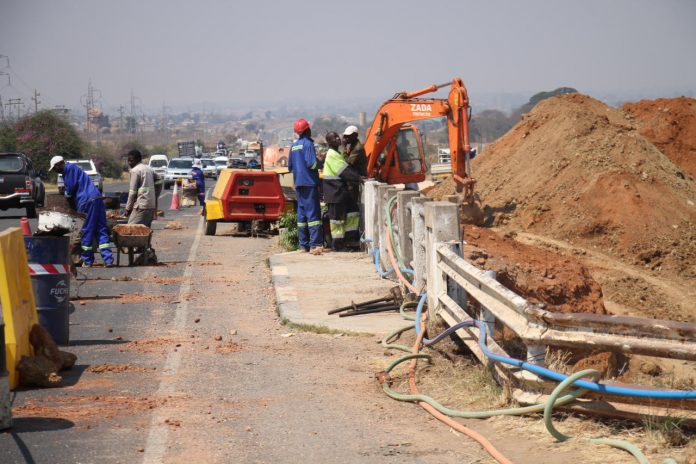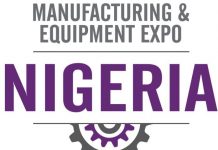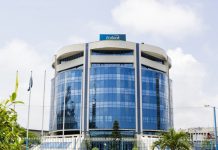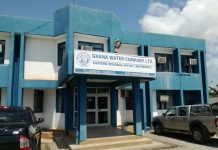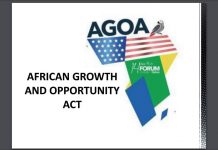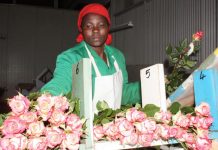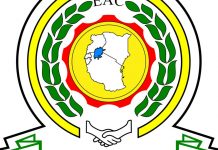Infrastructure
Transnet SOC Ltd, a South African rail, port and pipeline company, and other blue chip companies partnered with the NEPAD Business Foundation (NBF), a nonprofit that mobilizes private sector support in Africa, to launch the Africa Infrastructure Desk (Afri-ID) in Sandton, Johannesburg. Afri-ID will research and develop projects, link private and public sectors in deals across Africa, and manage relationships that ensure implementation. Poor infrastructure continues to hinder intra-Africa trade, currently at less than 10 percent of the continent’s total trade. At the same time, lack of information, inconsistent cross-border policy and poor project bankability have limited the pursuit of commercial and investment interests in infrastructure, Afri-ID partners said.
Real estate
London-based private equity firm Actis LLP will lead investment of as much as $1.5 billion in African commercial property to meet rising demand from international companies targeting a growing middle class, Bloomberg reports. Actis cited a shift in interest from South African brands to European retailers seeking opportunities in fast-growing economies such as Nigeria, Ghana and Kenya. The firm plans to invest in shopping centers, office towers and industrial parks that will come to fruition over the next five years. It will use the proceeds of its second African real estate fund that raised $280 million in October, while the rest of the investment will come from commercial partners and loans. Actis has raised about $1.4 billion across seven Africa funds since 2003, according to data compiled by Bloomberg. It has already invested the proceeds of an initial $155 million real estate fund in malls and office buildings in Ghana, Nigeria, Kenya, Botswana and Mauritius, and has partnered with Mauritian investment company GML to invest in Port Louis-based Indian Ocean Real Estate Co., which is developing a $1.5 billion town in the island nation. The company is adding industrial and logistics parks to its African property portfolio, targeting key markets such as Mozambique, Zambia, and Ghana.
Canada trade agreement
Canada signaled its intention to deepen trade and investment with Ghana, one of the world’s fastest-growing economies. Meeting recently, foreign ministers from both countries agreed that finalizing a foreign investment promotion and protection agreement is a matter of priority in relations between the two countries. Once in effect, such an agreement will help bolster investment confidence by Canadian companies, contributing to job creation and economic growth in both countries. Ed Fast, Canada’s international trade minister, led a trade mission to Ghana in February, demonstrating Canada’s commitment to helping Canadian businesses and workers take advantage of the new opportunities such high-growth markets have to offer.
SME initiative
The United States and Tunisia launched an initiative to support the growth of small- and medium-sized businesses, boost trade, and promote broad-based economic growth. The initiative, developed under the 2002 U.S.-Tunisia Trade and Investment Framework Agreement (TIFA), will provide training on the U.S. small business development center model in Tunisia, and technical assistance to the owners and employees of SMEs to establish external trade opportunities in the region and internationally. Using online platforms and partnerships, it will create greater opportunities for trade between U.S. and Tunisian small businesses. The Tunisia SME Project will be implemented by the International Executive Service Corps (IESC) and the University of Texas San Antonio Small Business Development Center.
US Trade
The United States is exploring the possibility of a Trade and Investment Framework Agreement (TIFA) with the Economic Community of West African States (ECOWAS). If concluded, the TIFA would create opportunities for U.S. companies interested in doing business in West Africa and assist in addressing impediments to U.S. trade and investment in the region. It would also provide a forum for discussion of topics relevant to economic integration efforts in West Africa. The proposed agreement is in keeping with U.S. strategy, which calls for more enhanced and focused engagement on trade and investment between the United States and sub-Saharan Africa. The United States currently has TIFAs with the East African Community, the Common Market for Eastern and Southern Africa, the West African Economic and Monetary Union, and the Southern African Customs Union. The United States also has bilateral TIFAs with Angola, Ghana, Liberia, Mauritius, Mozambique, Nigeria, Rwanda, and South Africa.
Harmonized System
Guinea-Bissau deposited with the Secretary General of the World Customs Organization its instrument of accession to the International Convention on the Harmonized Commodity Description and Coding System (Harmonized System), becoming the 147th contracting party to the Harmonized System Convention. The Harmonized System Convention will enter into force in Guinea-Bissau on January 1, 2015, unless Guinea-Bissau decides to specify an earlier date. More than 98 percent of international merchandise trade is classified in terms of the Harmonized System. Guinea-Bissau has been a Member of the World Customs Organization since August 2010. Its principal export commodities are fish, shrimp, cashew nuts, peanuts, palm kernel and sawn lumber. The country’s principal import commodities are foodstuffs, machinery and transport equipment and petroleum products.
Ship-ban warning
The U.S. has threatened to ban ships from entering Nigeria unless the sub-Saharan African nation improves security in its ports and waterways. Bloomberg Businessweek quoted Leke Oyewole, special adviser on maritime affairs to Nigerian President Goodluck Jonathan, as saying at a conference in Lagos that U.S. authorities gave Nigeria a 90-day ultimatum to improve safety and, as a result, Nigeria will revive its implementation of the International Ship and Port Facility Security code by August to secure ports and waterways against terrorism, piracy, smuggling and bunkering. The government will automate controls on people moving inside the ports and enhance the exchange of data among regulatory and security agencies involved in maritime industries to address the concerns of the U.S., Oyewole said.
Shipping
Delmas is upgrading its MIDAS Line service, connecting India’s west coast and the Middle East with South Africa and West Africa by extending coverage to South Africa. The upgrade begins June 23 at Mundra, India, with the Albert Rickmers, voyage MU655W, with an estimated arrival time in Durban, South Africa, on July 9. With the new Durban call, shippers can access landlocked countries via combined transport bill of lading (CTBL) service to main destinations Gaborone, Maseru, Matsapha, Bulawayo, Johannesburg, Lusaka and Harare. Shippers will also have a direct link from Durban to West African ports of Luanda, Angola; Pointe Noire, Congo; papa/Tin Can, Nigeria; Douala, Cameroon; and additional ports via Delmas dedicated feeders (Soyo, Boma, Matadi, Lobito, Namibe, Cabinda, Banana, Port Gentil and Libreville).


